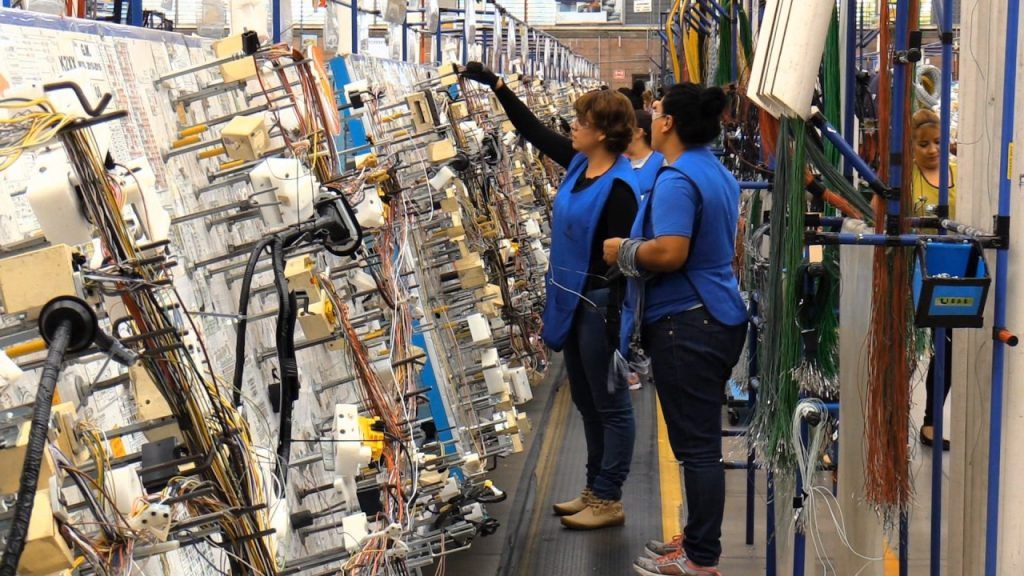Grupo Carso reported that its auto parts sales recorded a 4.5% year-over-year decline in 2023.
This result contrasted with the increase in Mexican auto parts exports to the U.S. market, which grew 12.3%, reaching US$80.15 billion in 2023.
According to Grupo Carso, a business conglomerate founded by Carlos Slim, the automotive industry in Mexico faced challenges last year such as a lack of components and logistical capacity problems.
This generated unplanned stoppages at General Motors (73 days), Volkswagen Puebla (77 days), Audi (39 days) and Volkswagen Chattanooga (21 days).
Auto parts sales
Another challenge for the automotive industry was the exchange rate, whose average went from an average of 20.1255 pesos per dollar in 2022 to an average of 17.7665 in 2023.
All these adverse factors are partially offset by higher volume, mainly in the ID4 program.
Grupo Carso has a division dedicated to the manufacture and distribution of auto parts through its subsidiary Grupo Condumex.
This division produces cables, electrical harnesses and lighting systems, among other components.
Auto Assembly
In 2023, General Motors showed a year-over-year volume reduction for the pickup that it assembles in Silao; it manufactured 19,000 fewer units compared to 2022.
At the same time, Tier 1 customer business increased in 2023, mainly in the Hella, IGB and Grammer customers as well as the addition of new customers Montoplast and Merit.
Business with the Volkswagen consortium grew in 2023 by volume mainly due to the ID4 program, where in 2023 it assembled 37,000 additional units, 11,000 additional Q5 units and 15,000 more Atlas (Terramount) units compared to the previous year.
EBITDA in 2023 was 9.1% lower than in 2022 in the automotive segment.
This decrease is mainly explained by the impact of the exchange rate and the increase in labor due to the increase in the general minimum wage, which impacted 85% of the workforce in the harnesses business, as well as a deficit in the recruitment of operators in the Bajío region, despite the lower cost of raw materials due to the volume of business with Volkswagen.

